Ours is a holistic approach that does not hinder the physiological processes of the body. It's an approach that encourages the restoration of balance, by combatting the causes of symptoms as efficiently as possible and ensuring fast relief.
Symptoms and relief
SELECT YOUR NEED
Ears
EAR CANAL ISSUES:
a problem for both adults and children
SIGNS AND SYMPTOMS
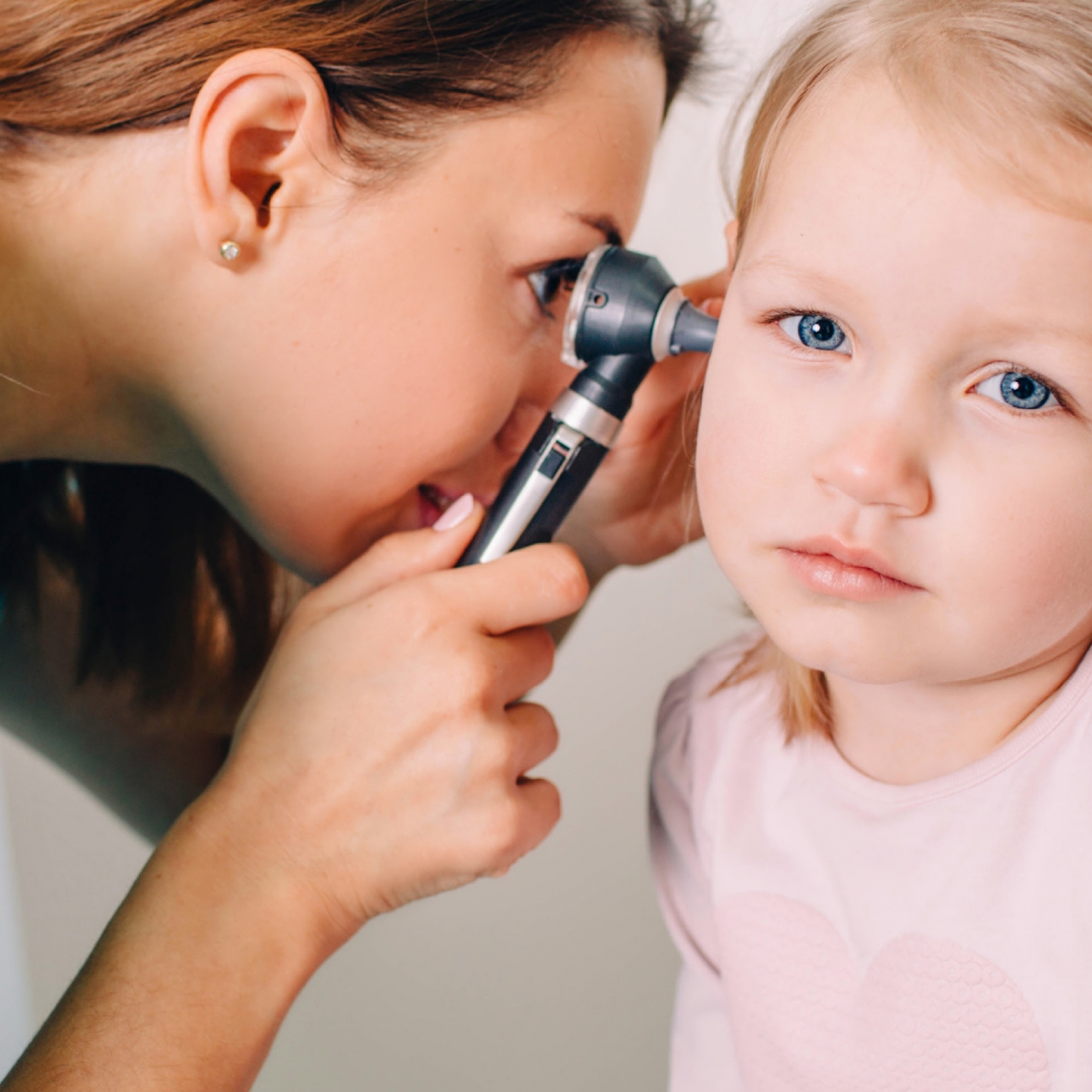
External otitis can manifest with:
- intense ear pain (otalgia)
- itching
- decreased hearing (hearing loss)
- edema (swelling and redness of the auricle)
In addition to pain, the presence of an earwax plug can also cause:
- ringing and tinnitus or hearing loss
The same symptoms become more severe in otitis media, especially if there is a perforation of the eardrum:
- discharge of secretions and/or blood from the ear canal
- symptoms of systemic infection: fever, nausea, dizziness
How to recognize the signs in a pediatric patient (child/infant):
- inconsolable crying, irritability, difficulty falling asleep (a sign of otalgia)
- a tendency to repeatedly touch their ear with their hand (a sign of otalgia)
- the child is absent-minded and you have to raise your voice to get their attention (a sign of hearing loss)
The risk of otitis is higher in childhood
Infections such as otitis media can occur in adults as well, but they are definitely one of the most common conditions in the pediatric age group: 60 percent* of children are affected at least once during their first three years of life.
The cause can be traced to the particular anatomy of the Eustachian tube in childhood, which is open, horizontal and shorter compared to its shape in adulthood. This facilitates the accumulation, stagnation and further penetration of viruses and bacteria from the tube to the middle ear, thus increasing the chances of inflammation. They also have an immune system that is still being developed, which exposes them to more serious recurrences, especially while attending school.
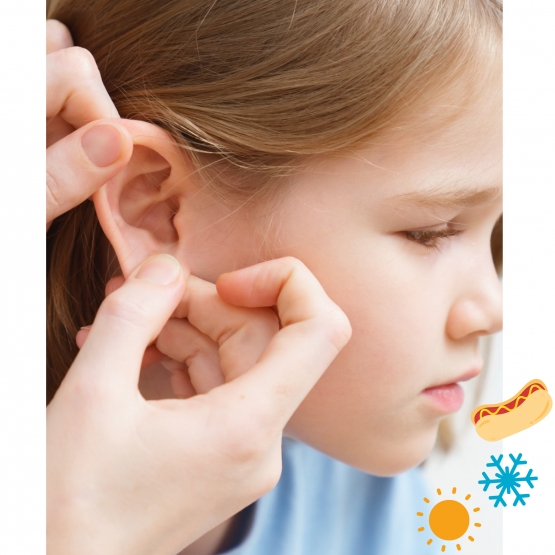
Other predisposing factors in child patients can be
- seasonality: as a result of viral airway infections, typical of autumn/winter
- genetic predisposition
- position during sleep: sleeping in a face-up position lowers the risk by 30-40%
- frequent contact with others, especially in preschool
- incorrect diet
- inability to breastfeed and premature weaning
- exposure to secondhand smoke in the fetal, perinatal and postnatal period
*E. Chiappini et al. “Una nuova linea guida per l’OMA: perché?” Il medico pediatra 2019;28(3):3-5, Italian Federation of Pediatric Physicians
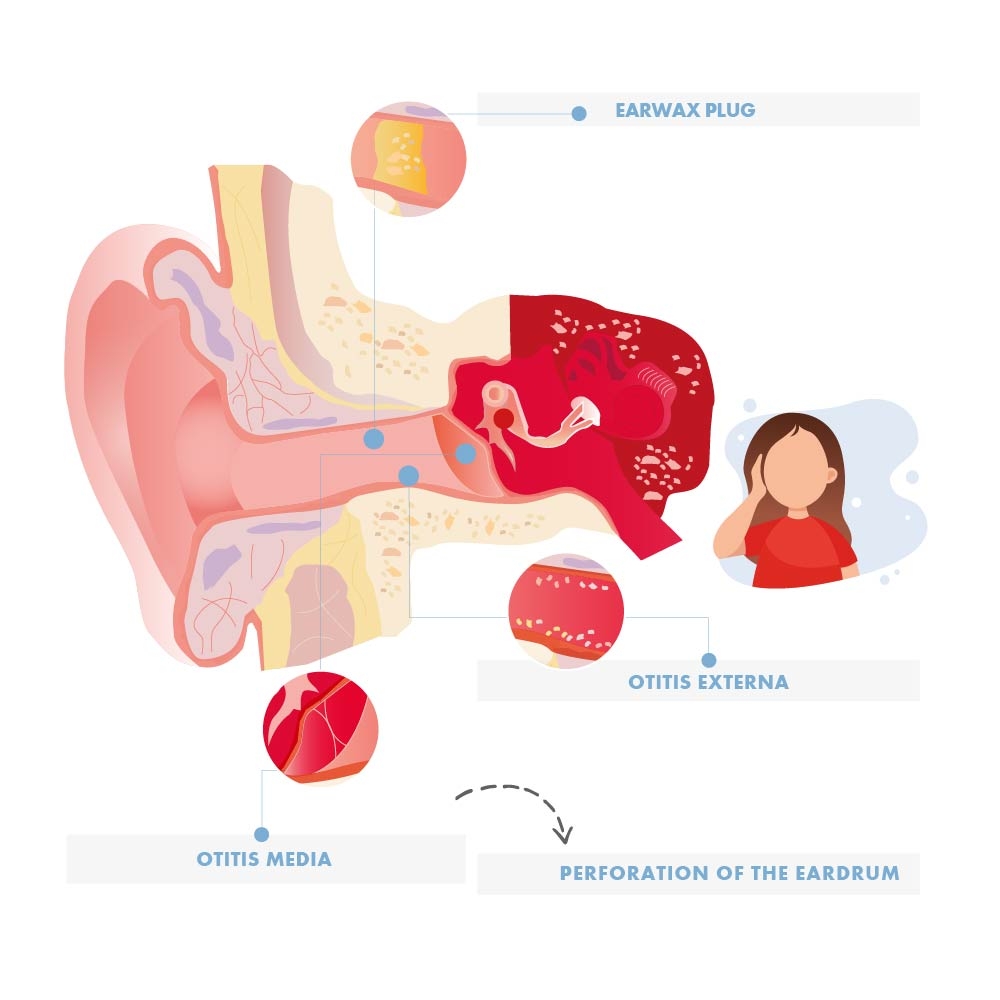
PERFORATION OF THE EARDRUM
In acute otitis media, excessive accumulation of mucus can lead to perforation of the tympanic membrane, resulting in purulent fluid leaking out. Other causes may be the incorrect use of cotton buds, foreign body entry, barotrauma from deep dives, diving in water, etc.
GSE
It forms a microbiologically controlled environment on the auricular mucosa of the ear canal, protecting it from external aggression without affecting the physiological microflora. It also helps dissolve earwax plugs, counteracting the effects resulting from water stagnation.
Its efficacy has been demonstrated against numerous bacterial, fungal and viral strains, including Pseudomonas, Staphylococci, Candida and Aspergillus, the main pathogens responsible for the onset of external otitis.
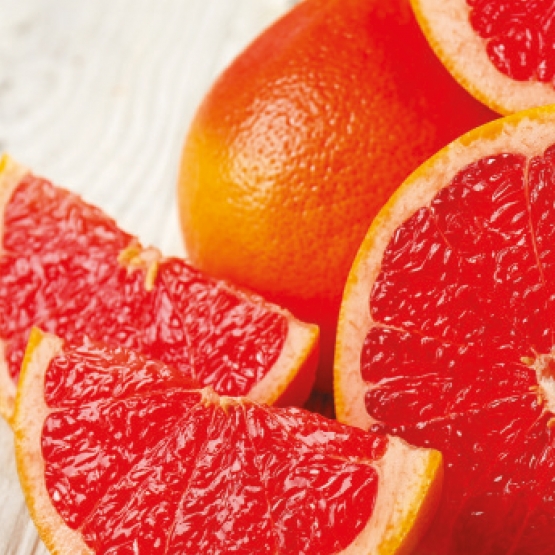
Horse chestnut
Thanks to the presence of escin in the phytocomplex, it has a local anti-swelling and anti-inflammatory effect. This is also due to its surfactant effect and the normalization of the exchange between extracellular and intracellular fluid compartments.
Specific in vitro tests have scientifically proven the synergistic anti-inflammatory effect of Vegetable Glycerin, Horse Chestnut and Blackcurrant, which promote the resolution of painful symptoms related to ear canal problems.
Vegetable glycerin
It has a mechanical cleansing action due to its osmotic properties, which capture water molecules present in the ear canal, thus creating an environment that hinders microbial proliferation. This hygroscopic effect also has a pain-relieving action: the absorption of liquid particles from the edematous skin promotes the reduction of swelling, resulting in pain relief. It also has lubricating and emollient properties that promote the dissolution and elimination of earwax plugs.
In vitro tests have shown that it acts on the concentration of proinflammatory molecules in the mucosa thanks to the indirect effect of its osmotic properties, reducing the duration of inflammation. In addition, several clinical studies have shown a similar effect, recording a decrease in symptoms in patients treated with glycerin-based ear drops compared to patients treated with an antibiotic otologic solution.
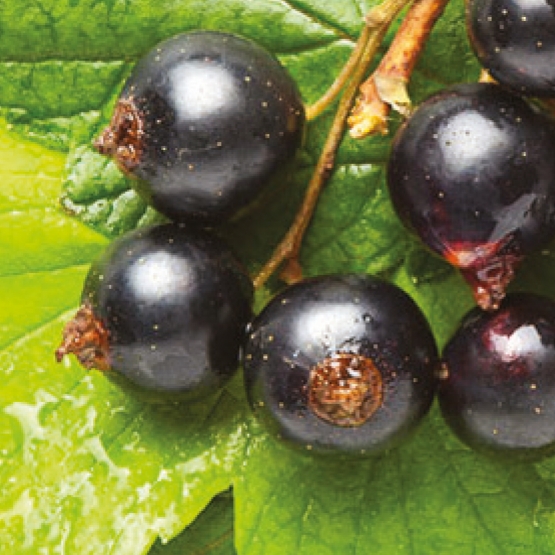
Blackcurrant
Among the components of Blackcurrant extract, anthocyanosides are responsible for its soothing and anti-inflammatory effect. Blackcurrant extract also contains numerous flavonoids, widely known for their outstanding cortisone-like phytotherapeutic action.